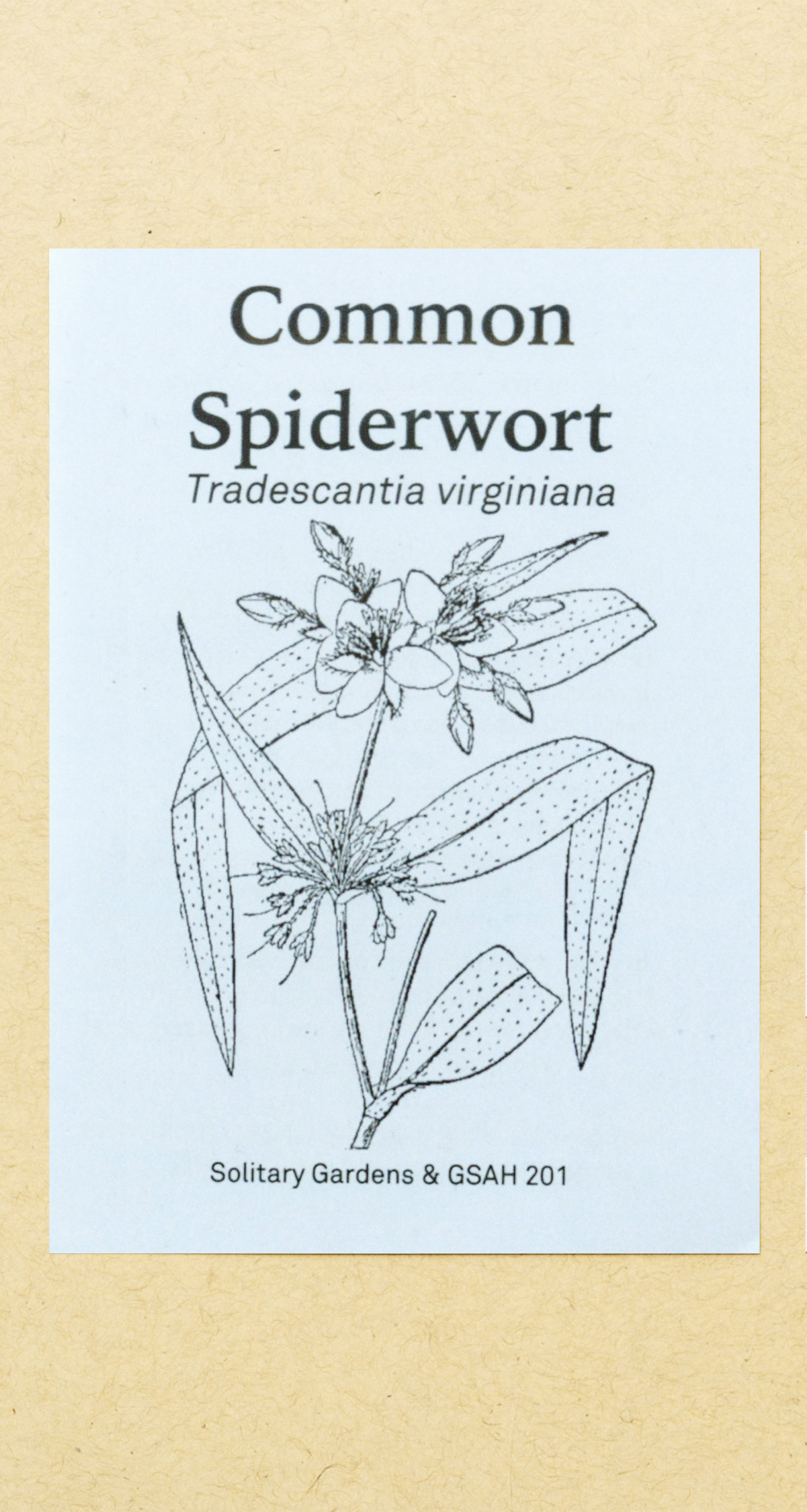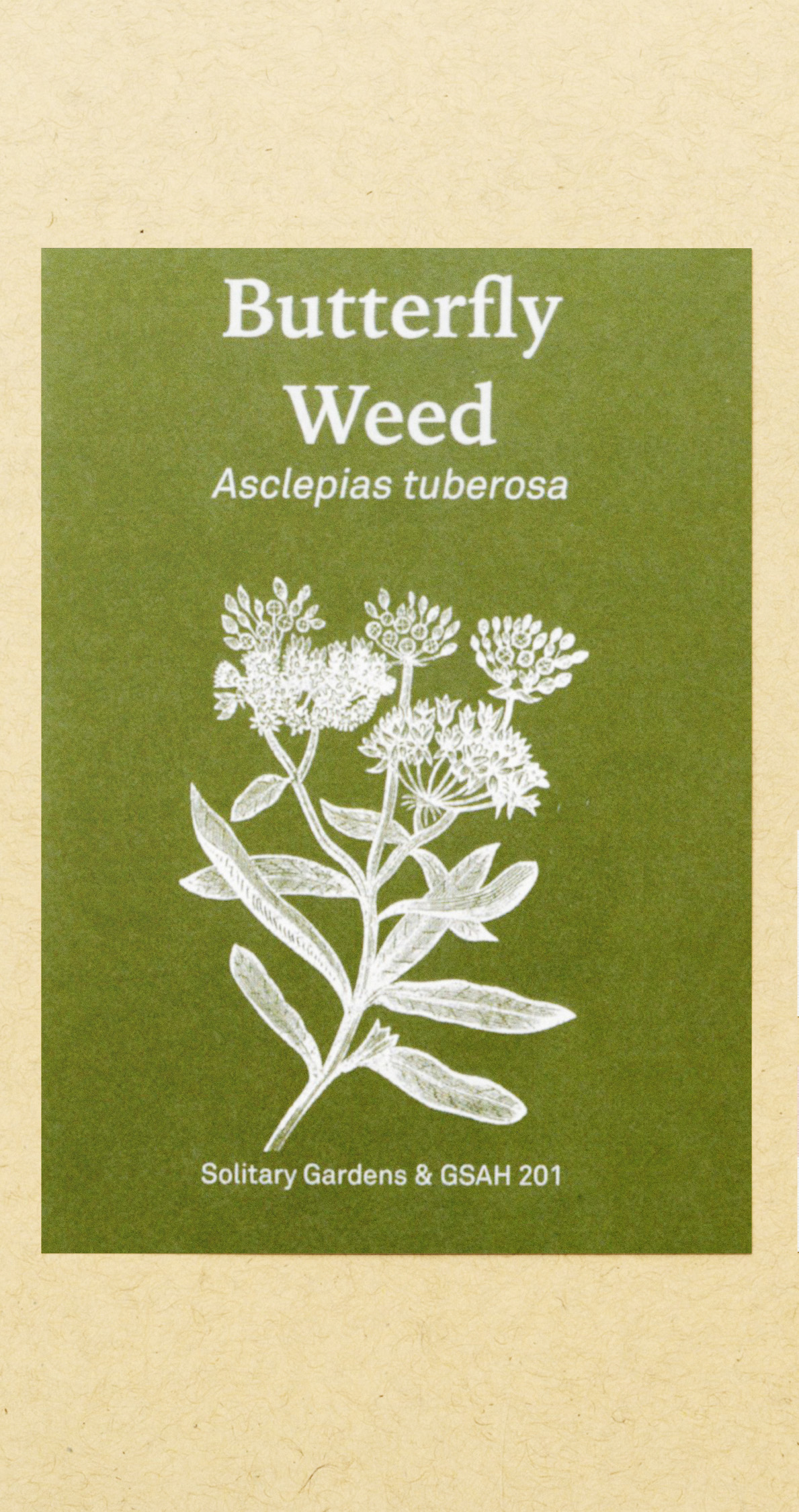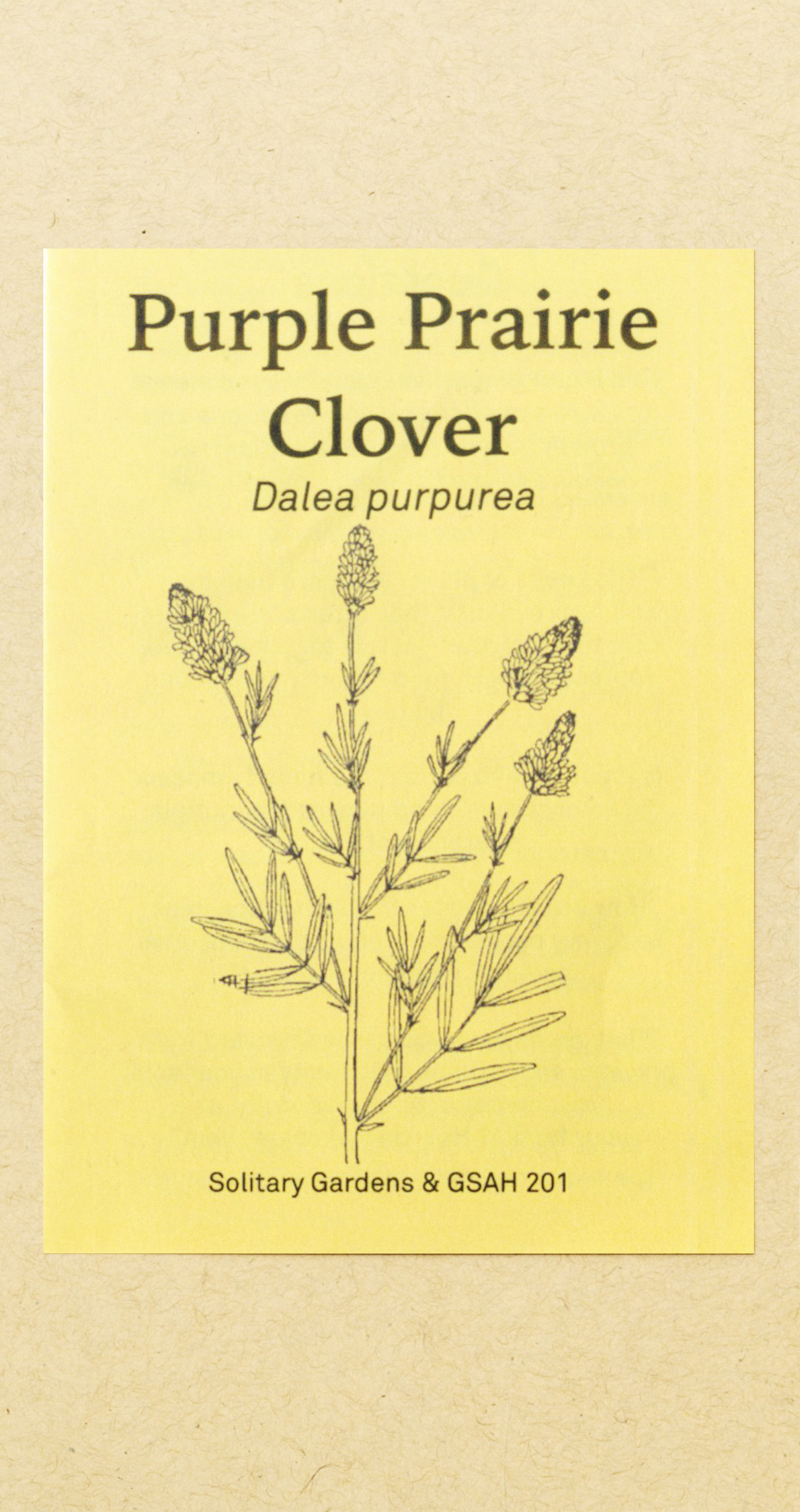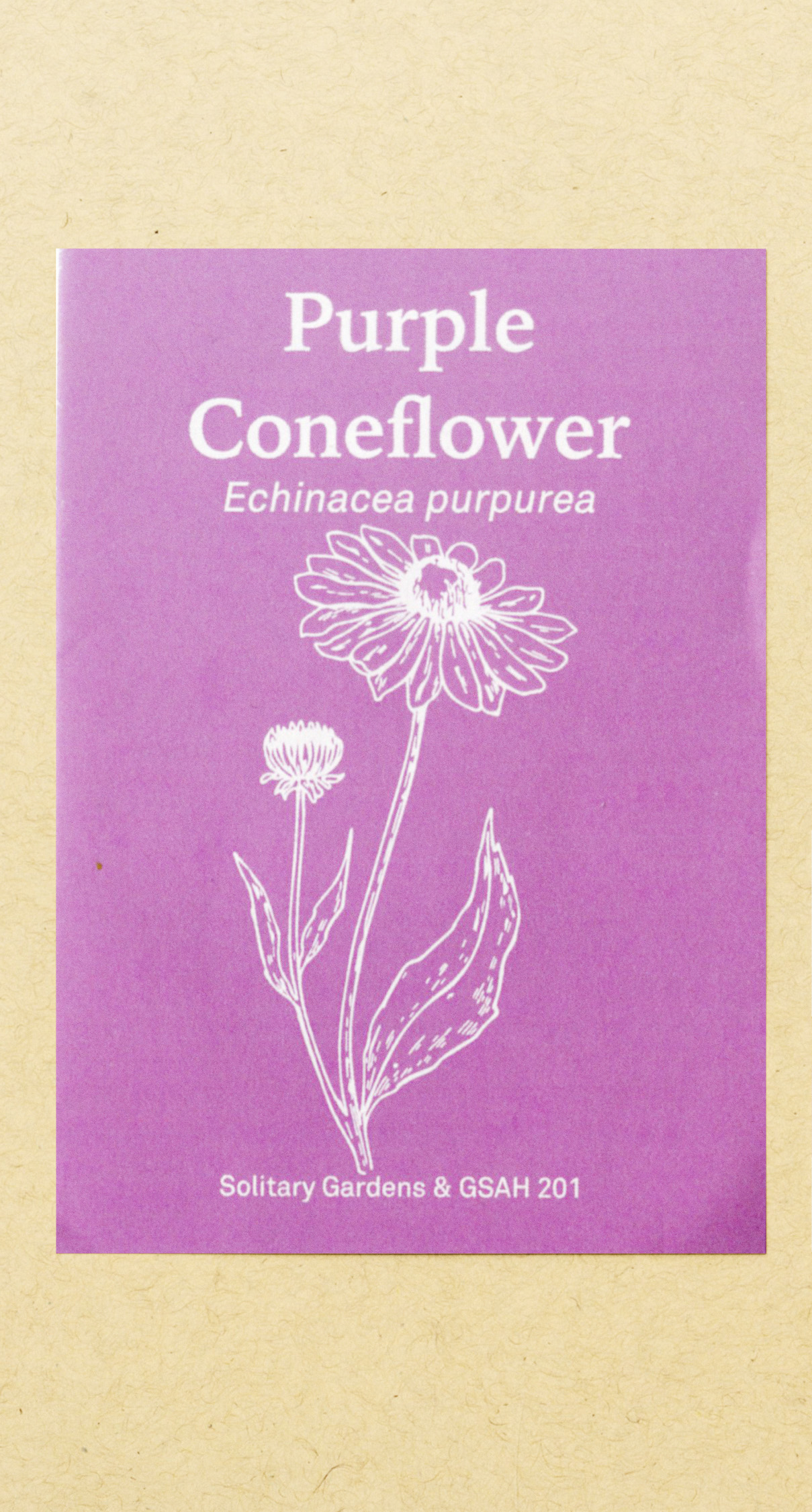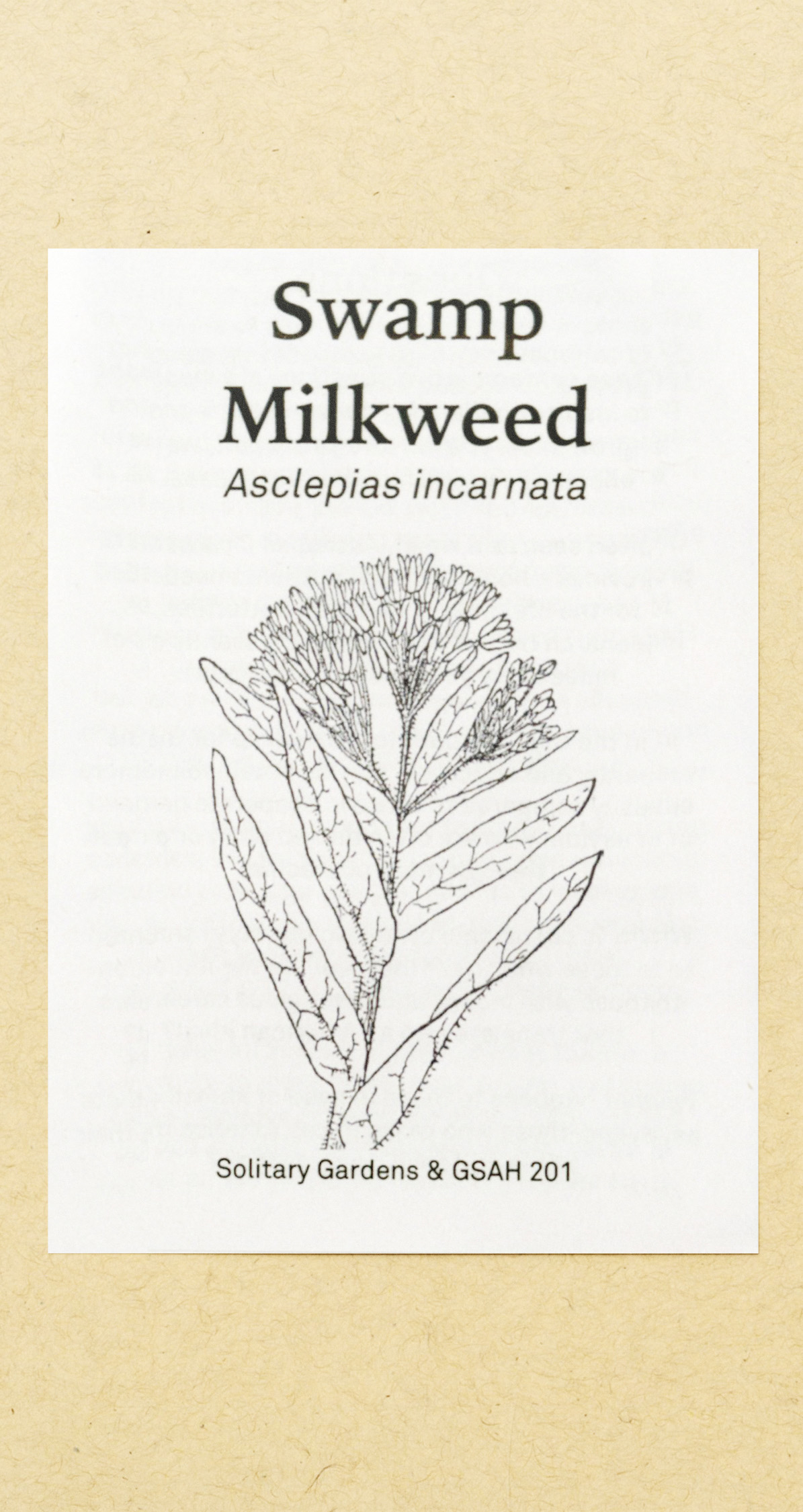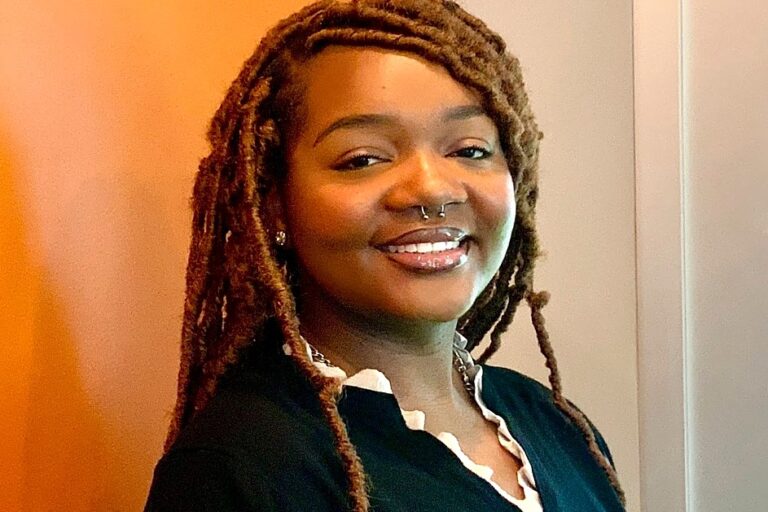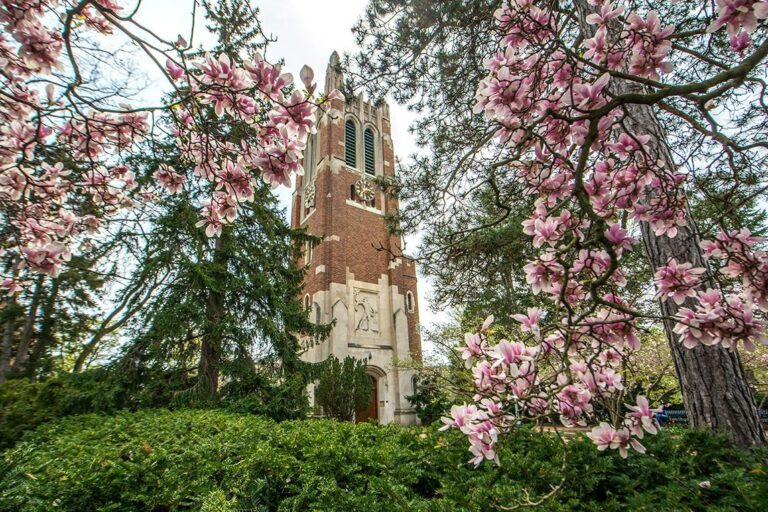
jackie sumell, artist
Artist-in-Residence: Critical Race Studies
June 4 – September 24, 2021
W.J. Beal Botanical Garden
412 Olds Hall
East Lansing, MI 48823
“(ADX is) The Worst Prison In America”
— Mother Jones Magazine
The same size and blueprint as an ADX isolation cell, A Solitary Greenhouse is fully functioning, designed to grow seedlings for future abolitionist gardens. ADX stands for Administrative Supermaximum, an “Inescapable Federal Supermax” prison located in Florence, Colorado. People incarcerated at ADX are isolated 24 hours a day in 12-by-7-foot cells with thick concrete walls and double sets of sliding metal doors. The exterior door to each cell is solid, so the incarcerated have no human contact. Over 80% of the prison is buried underground, and both the incarcerated and prison workers are deprived of sunlight and natural circadian rhythms. Some cells have a single slot window about four inches wide that offers a glimpse of sky, but you cannot see the ground. The effect is disorienting.
Artist jackie sumell conceived of A Solitary Greenhouse as part of her commitment to abolitionist pedagogy, in which gardens produce the regenerative space necessary to imagine a world without prisons. The project is a collaboration with the Beal Botanical Garden and part of her 2019-2020 artist residency in Critical Race Studies in MSU’s Department of Art, Art History, and Design.
The plants that surround it were chosen in collaboration with the students of Professor Johanna Schuster-Craig’s Spring 2020 Global Studies in the Arts and Humanities course (GSAH 201), with the assistance of Beal Garden Curator Peter Carrington. Each plant is local and speaks to conflict, whether internal, local, or global, but also poses contemplative questions meant to inspire future solutions. Seed packets are available through MSU Broad’s Seeds of Resistance exhibition, on view until July 18, 2021.
A Solitary Greenhouse makes transparent what has been buried by architects of inhumanity. It begs us to seek humane alternatives to our current system of criminal punishment.
This is part of an ongoing project called Solitary Gardens.
With very special thanks to Walt Peebles, Michael McCune, Karin Zitzewitz, Jacquelynn Sullivan Gould, LouAnne Snider, Johanna Schuster-Craig, Lois and Mark Pullano, Jake Carrick, Peter Carrington, Teresa Nugent, Katie McPeek, Frank Telewski, Neff Automation, the Public Art on Campus Committee, and MSU Broad Art Museum staff. Sponsored by the Department of Art, Art History, and Design and the College of Arts and Letters with the generous support of the MSUFCU.
Stay connected with our partners, Michigan Citizens for Prison Reform (http://www.micpr.org)
“Abolition is about abolishing the conditions under which prison became the solution to problems, rather than abolishing the buildings we call prisons… Abolition is about presence, not absence. It’s about building life-affirming institutions.” -Ruthie Gilmore
“Do you believe in universal healthcare, housing for everyone, and a universal income? Would you want those things in this world? Would you trade prisons and police for that? That’s what abolition is.” -Emile DeWeaver, Cofounder, Prison Renaissance
Abolition is committed to ending cycles of harm. The natural world deeply informs the tenets of abolition. From the gardens we learn profound lessons in patience, interdependence, care and mutual aid. We learn to imagine different relationships and boundaries. Plants teach us to be better people. The current criminal punishment system has failed humans and the planet. By committing to an abolitionist lens, lifestyle, and pedagogy, we fortify our commitment to defining justice on behalf of a more sustainable world for all. This work demands we look into all the systems we are complicit with and connected to in order to shift our cultural responses to crime. Abolition asks us to nurture our connection to each other and the environment in order to evolve into our fullest human potential. Abolition begins with this relationship and is deeply endorsed by the natural world.
For more information watch jackie sumell’s lecture with this link:
https://mdid.art.msu.edu/data/record/84115/582-2/
*must have a MSU NetID to access
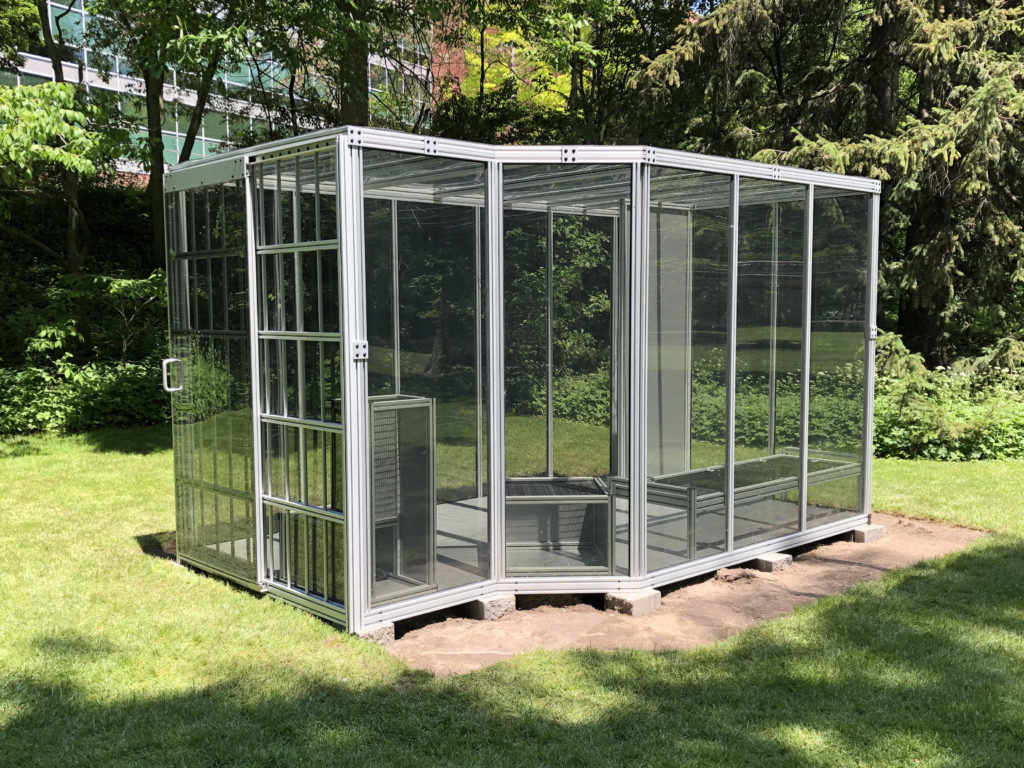
For a related news story from the Lansing State Journal from June 20, 2021, please click here.
